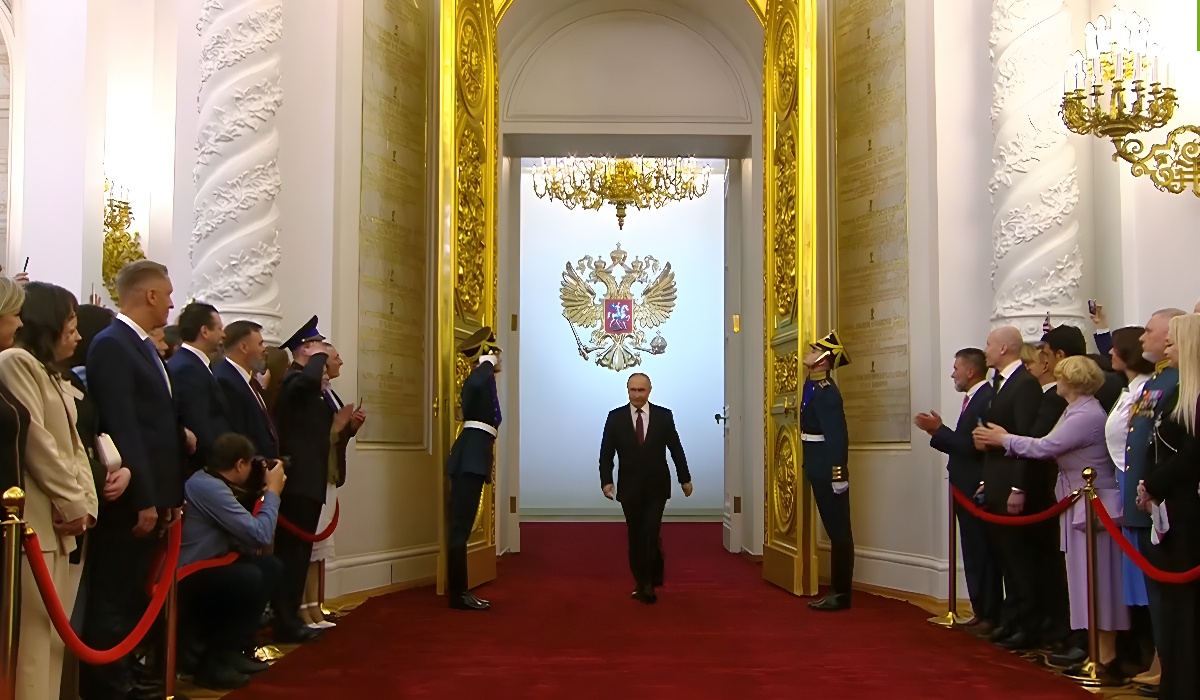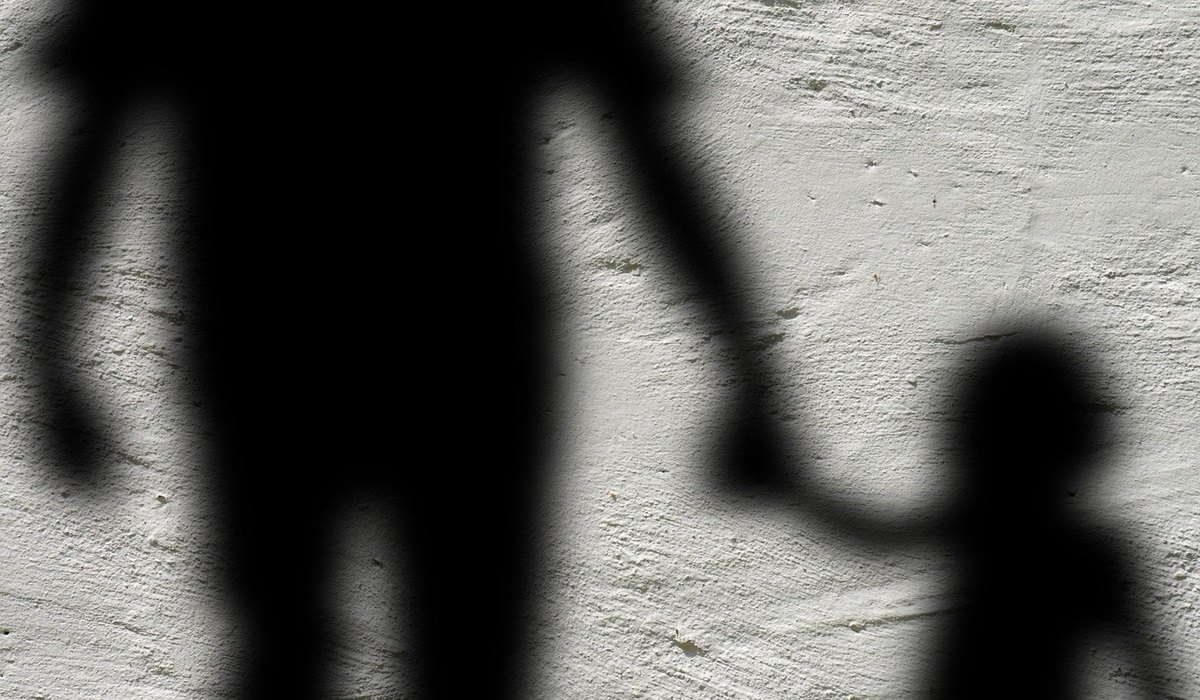Black Ribbon Day: 81 years ago Nazism and Stalinism rose to power
- TDS News
- Europe
- World News
- August 23, 2020
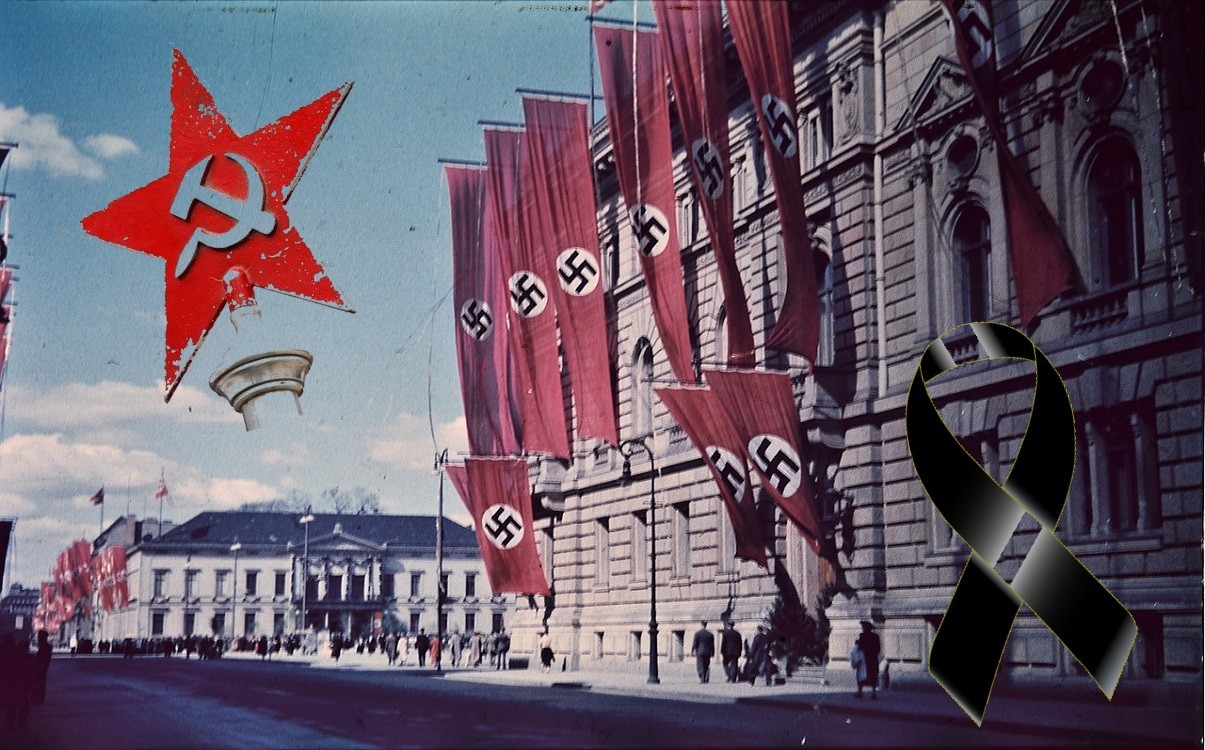
Black Ribbon Day is Day of remembrance for the lives lost from Nazism and Stalinism
Black Ribbon Day, officially known in the European Union as the European Day of Remembrance for Victims of Stalinism and Nazism, is an international day of remembrance for victims of totalitarian regimes, specifically Stalinist, communist, Nazi and fascist regimes.
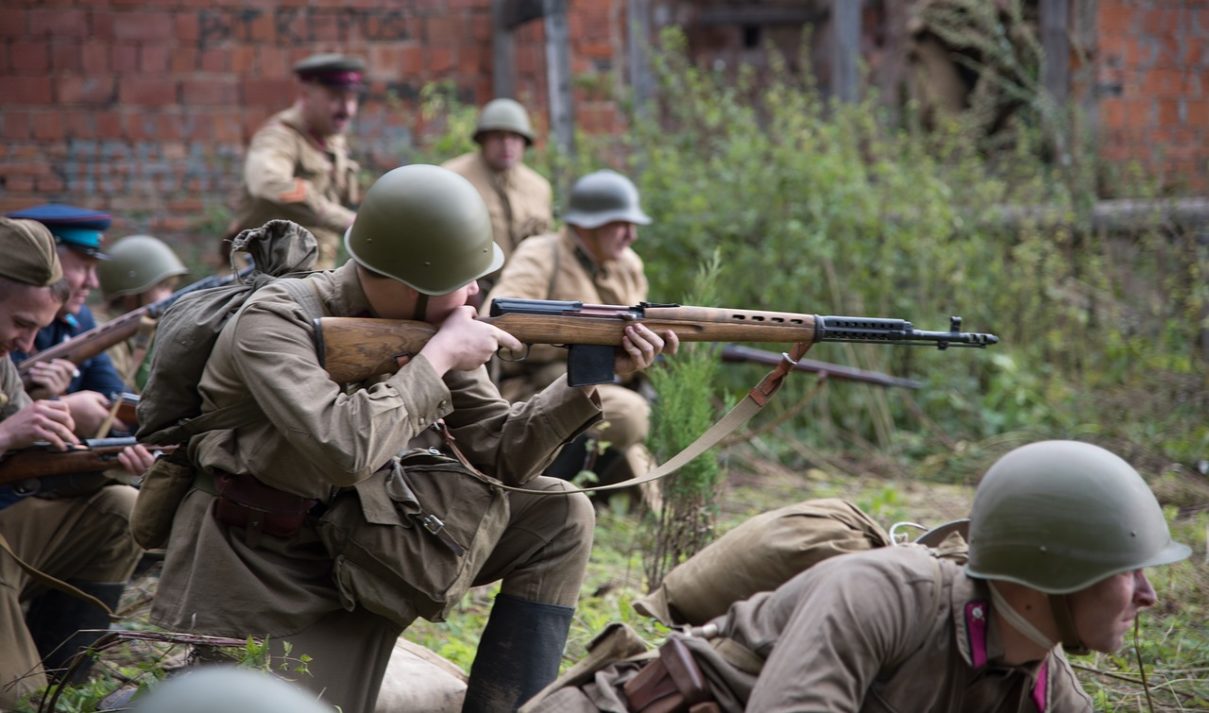
It is observed on 23 August to coincide with the date of the signing of the Molotov–Ribbentrop Pact, a 1939 non-aggression pact between the USSR and Nazi Germany which contained a protocol dividing Romania, Poland, Lithuania, Latvia, Estonia, and Finland into designated German and Soviet spheres of influence. The treaty was described by the European Parliament’s president Jerzy Buzek in 2010 as “the collusion of the two worst forms of totalitarianism in the history of humanity.” Wiki
“Today, we join people around the world to pay tribute to the victims of Communism and Nazism in Europe. We express our solidarity with the survivors and their descendants, and with all those who face violence, loss of dignity, and repression from authoritarian and totalitarian regimes.
“On this day in 1939, Nazi Germany and the Soviet Union signed the Molotov-Ribbentrop Pact. This alliance, which led to the violent political and territorial rearrangement of Eastern and Central Europe, caused immense suffering. Millions of people were murdered, countless others robbed of their basic rights, and many more forced to flee their homes and lands.
“Many of those who fled found refuge and an opportunity to rebuild their lives in Canada. They, along with their descendants, have made tremendous contributions to our country, helping build the strong, diverse, and prosperous country we call home.
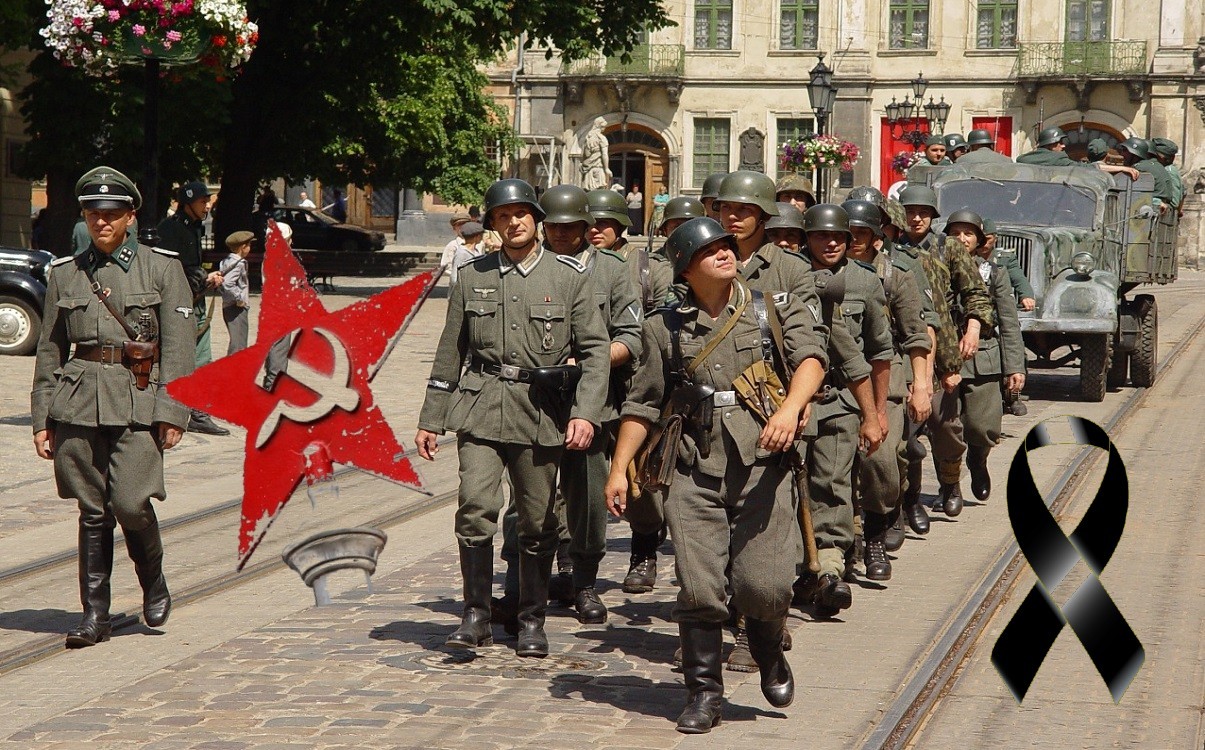
“Canada condemns all violations of human rights and crimes against humanity. We will continue to work with our partners to defend and protect human rights and democracy around the world. Together, we can stop crimes like these from ever happening again, and ensure that those responsible are held accountable.” Prime Minister of Canada Justin Trudeau
The purpose of the Day of Remembrance is to preserve the memory of the victims of mass deportations and exterminations, while promoting democratic values with the aim to reinforce peace and stability in Europe.


